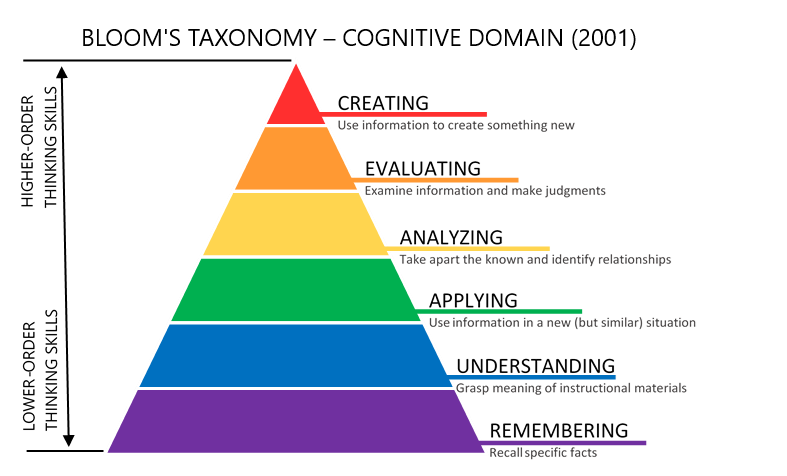Imagine you are hiring for a vacancy. Who would you pick?
a) a candidate that has competences to do the job
b) a candidate that is your relative
If you picked a), you are like most people in the (Western) world. You believe in meritocracy, a socioeconomic system in which people are given power and status based on their merit, or competence, as opposed to wealth, social class, or family ties. To become meritocratic, a society needs to get a few things right. The first is implementing a system for identifying the “meritful” ones within its population. The usual approach is to subject the people to thousands of tests, exams, and interviews in the first few decades of their lives: weekly tests in each subject in school, midterms, school leaving examinations, entrance exams, end-of-course exams, theses, job interviews, assessment centra, etc.
One of the goals of education, and higher education in particular, is to develop (through teaching), sort (through exams) and label (with diplomas) talent so it is easier for employers to find and hire. However, I am skeptical of higher education’s ability to get assessment of merit right. The thing is, the types of competences we look for in university graduates, so called higher order thinking skills (HOTS), are really hard to measure.

Source: University of Florida
The problem is that many higher educational institutions do not have the resources to assess HOTS well. They lack expertise and staff, and so need to cut corners. They try to automate exam grading to save time but given the current level of assessment technology they are forced to change the assessment method, for example from an essay to a multiple-choice quiz, which mostly means making the exam easier to pass.
And no, it is not a good thing. Students are incredibly flexible in their ambitions and can conquer almost any obstacle. At the same time, most of them will conquer the obstacle and stop right there. This means that by making exams easy, we limit their development, and that is a real pity, given the challenges we are now facing as a species.
You might guess what I am going to say: Higher education should get more money to be able to correctly assess the right thing - higher order thinking skills. But you would be wrong. I think most universities should stop summative assessment altogether. More about that in a future post.
